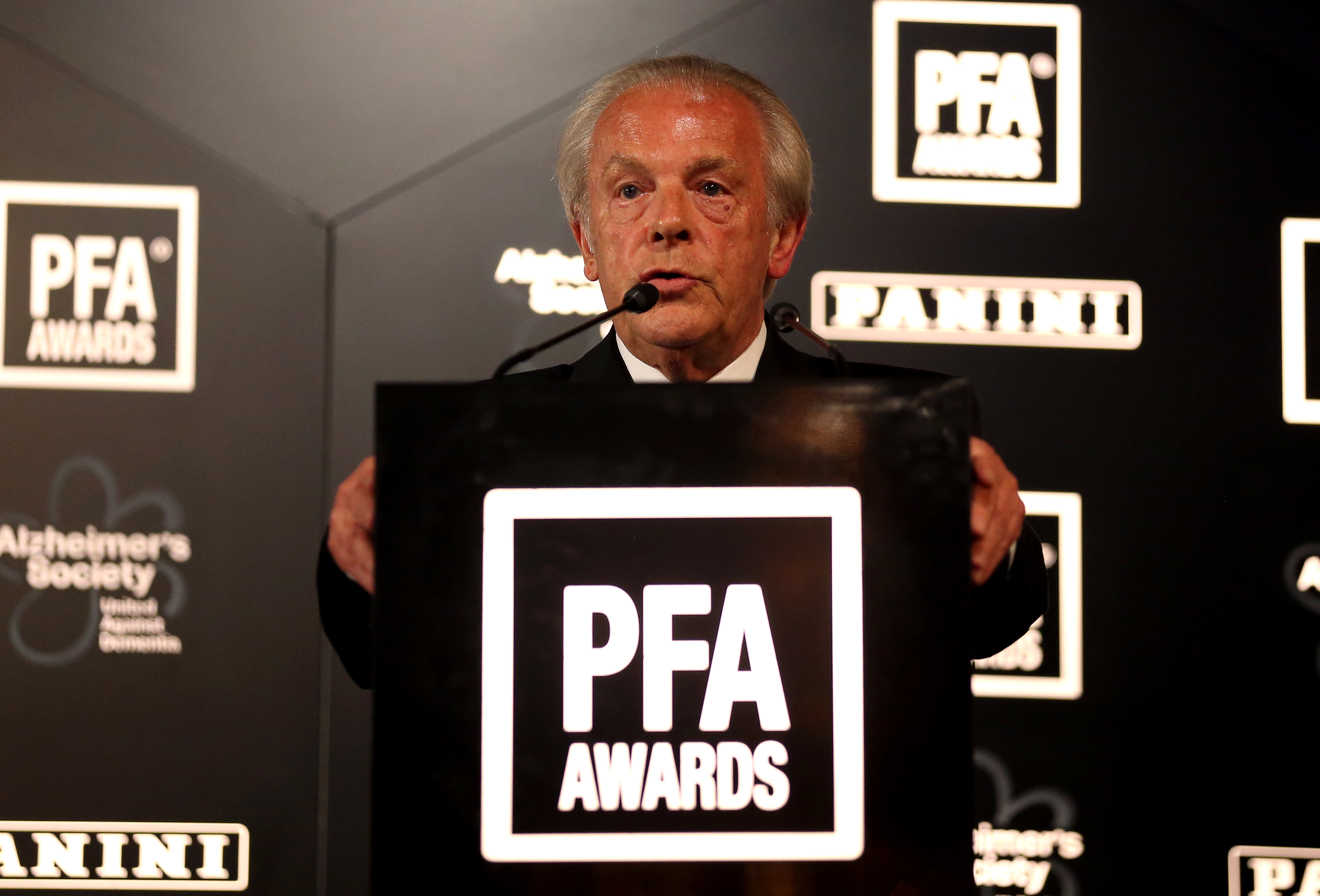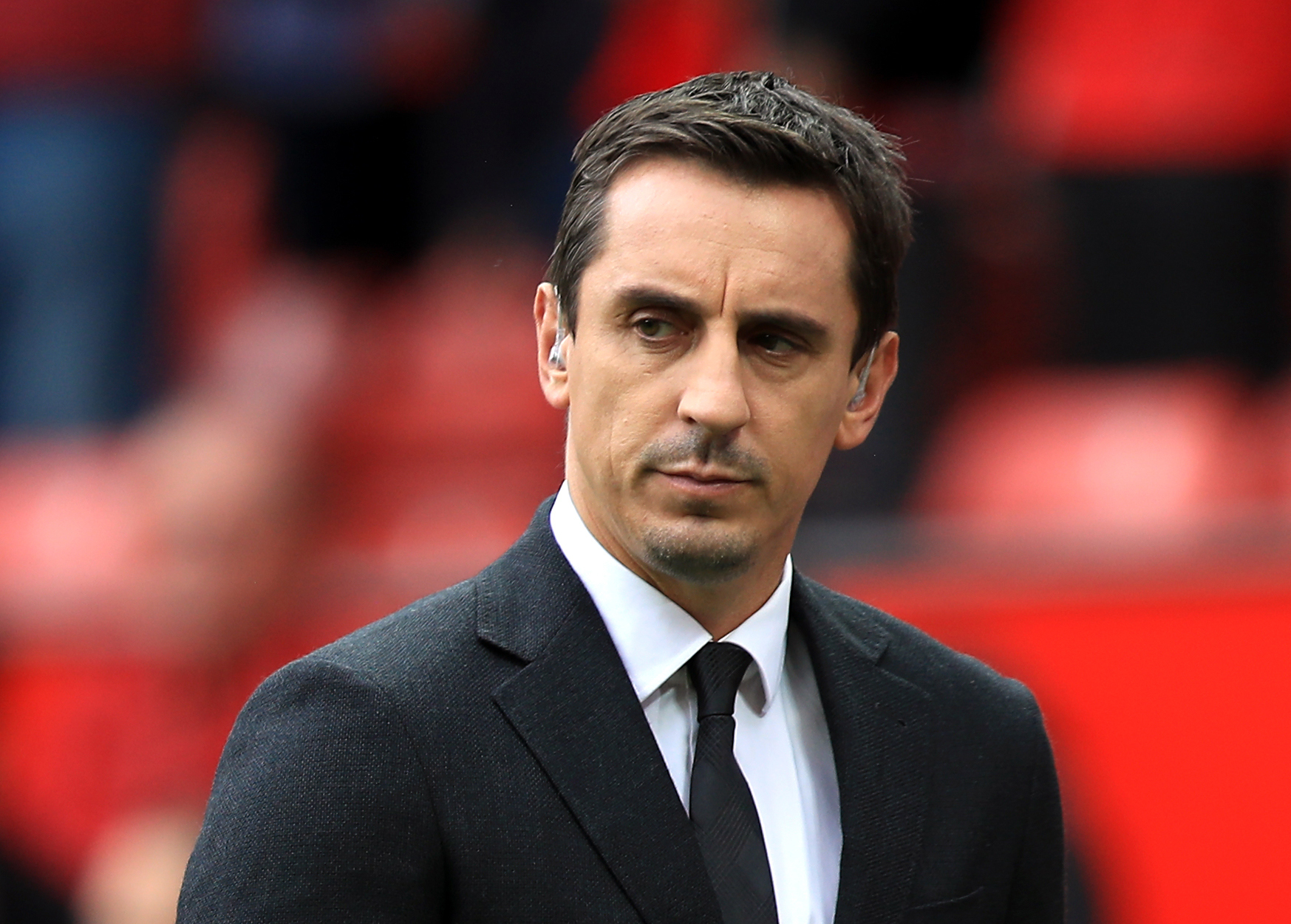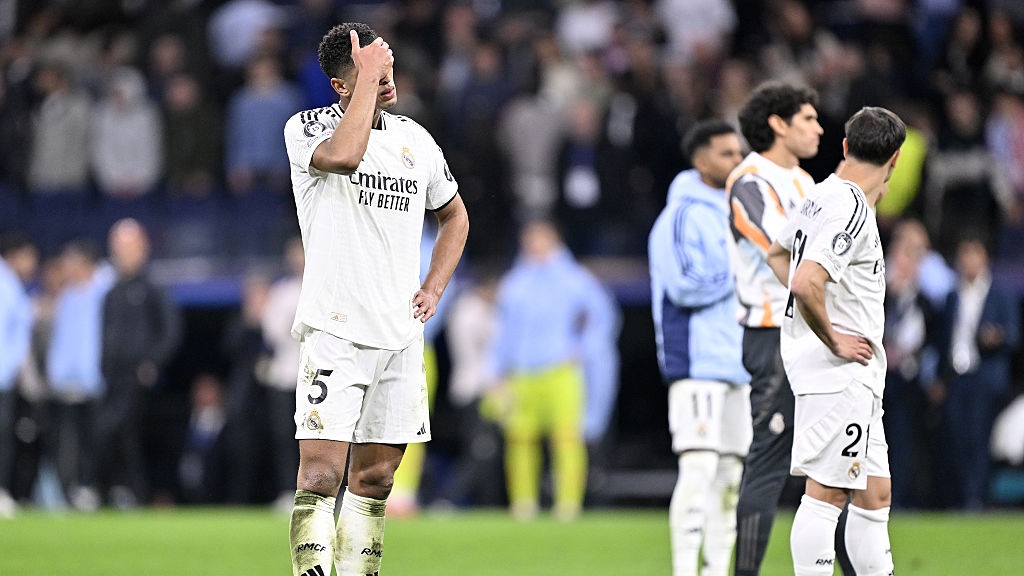Gordon Taylor’s 40-year reign as PFA chief executive to end by May

Gordon Taylor’s long and controversial reign as Professional Footballers’ Association chief executive will be over by the end of the season.
The 75-year-old, who has been the union’s boss since 1981, announced in March 2019 his intention to stand down when an independent review into the organisation, which began in 2018, was complete.
He wrote to members on Wednesday, on the eve of this year’s annual general meeting, to say the review concluded in July and that he would therefore be stepping down by May of next year at the latest.
“As I announced at the previous AGM, now that the independent review process is completed, I too will stand down by the end of the current season,” he said in a letter seen by the PA news agency.
“The new chief executive will be elected following the recruitment procedures recommended by the independent review. We have already made substantial progress in that direction.”
Taylor has been criticised for his £2million-a-year salary and has also been accused of not doing enough to fund research into the link between a career in football and an increased risk of developing neurodegenerative disease.
The PFA Charity is also the subject of a statutory inquiry launched by the Charity Commission in January over “serious concerns” over how charity funds were used and was examining whether trustees, including Taylor, complied with their duties and responsibilities under charity law.
Get FourFourTwo Newsletter
The best features, fun and footballing quizzes, straight to your inbox every week.
The union also drew criticism over the lockdown period earlier this year over its stance regarding player wage deferrals, and has launched arbitration against the EFL over the introduction of salary caps in Leagues One and Two, which it says are unenforceable.
We are disappointed at the outcome of today’s votes.— Professional Footballers' Association (@PFA) August 7, 2020
Taylor’s successor as chief executive will be identified by four new non-executive directors. The process to identify those non-executive directors is being conducted by a three-person panel which features former Manchester United and England defender Gary Neville.
The search is “significantly advanced” according to a PFA progress report, which anticipates the quartet will be in place by the end of this year.
Taylor also sent members the recommendations of the independent review and steps made so far to implement those recommendations. It did not publish any of the review’s findings which led to the recommendations, however, leading to criticisms in some quarters of a whitewash.
The key proposed changes are the introduction of a players’ board of 13 current and former professionals, which would sit above an operational board responsible for the day-to-day running of the union.

The operational board would include the four non-executive directors and the chief executive. The non-executive directors would also set the chief executive’s salary, subject to the approval of the players’ board.
The review panel recommended a maximum term of five years for the chief executive.
The review panel also recommended the setting of a medium and long-term strategy for the organisation, and called for “increased transparency” and to “safeguard against conflict of interests”.
Within that, it called for an “open and transparent tendering process” in the allocation and renewal of key contracts with third parties.
On the PFA Charity, it said an annual review should be published assessing its impact and that there was a need for better communication over the good work it was doing.
Taylor added in his letter: “Under the new structure, the management committee will hand over to a players’ board and an operational board, and we will be inviting nominations for members to join the players’ board.
“Those members will be instrumental in taking forward the PFA under our new structure, and I hope you will consider whether you would wish to play a leadership role in our future.
“I am proud to have been part of the management committee’s hard work to design these new rules and to implement the independent review’s other recommendations. I commend our proposed new structure to you.
“It is the gold standard for any modern sporting organisation and a foundation on which I believe our organisation will continue to go from strength to strength in the years to come.”
